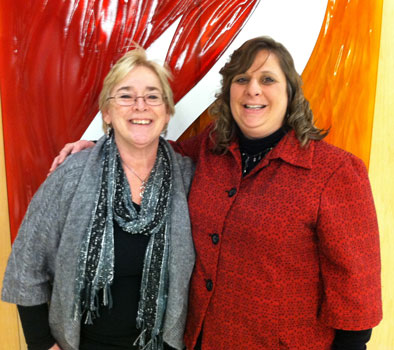Doctorate in Community College Leadership
420 Oak Street, PRK 120
Big Rapids, MI 49307
(231) 591-2710
[email protected]

The dissertation process begins the moment students are accepted into the DCCL program. As active members of the community college environment, DCCL students face issues, wrestle with challenges, resolve crises, and make significant progress toward continuous improvement for their students, their institution, and for the profession.
For most DCCL students, the topic and focus of the dissertation lies in the work they do every day, the issues and concerns that they are most comfortable with, and those that their career path forces them to understand and manage. DCCL coursework challenges students to look at the issues from a different perspective, delve deeper into their causes, and think more creatively about solutions or resolutions.
Support for the dissertation will begin with the first course and culminate with completion of the dissertation at the end of the third year. All formats require a research base as the foundation for the dissertation.
Materials, workshops, and guidance are provided for both doctoral students and their advisors in designing and implementing a successful and effective dissertation process. As the culmination of the DCCL doctoral program, the goal of the DCCL dissertation is for students to produce a professional, practical, and publishable work that adds to the body of research or provides a valuable service or solution to a specific community college issue.